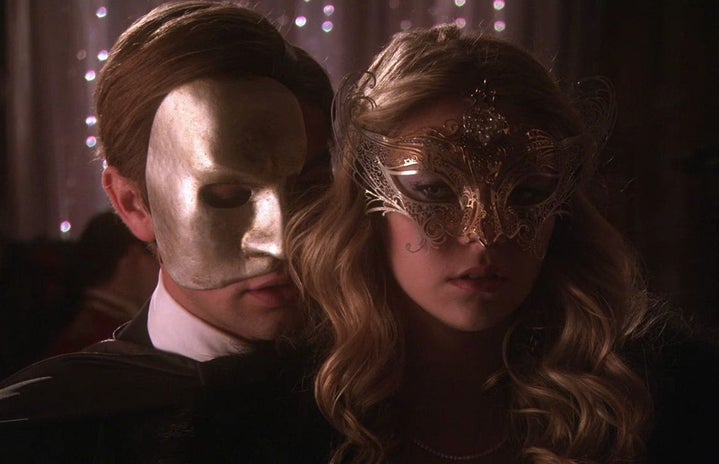By Samantha Keating
A boombox below a window, a hopeful declaration of love via signs, airport chase downs, and trips to Paris. If there is anything Hollywood knows how to do, it is to glamorize romance.
Rom-coms strive to provide viewers with the most passionate relationships possible. This often includes grand gestures that may be romantic but are often unrealistic. One could argue these gestures are a good thing, as they may encourage young watchers to have high standards. But are the standards too high?
Oftentimes, actors in these movies end up quitting their job or giving up relationships with family members in order to make the relationship with their partner work. But should this be an admirable model of love? Promoting love that only centers around a person and their partner can be detrimental and lead to unhealthy relationship expectations. A healthy relationship includes balance – with balance comes maintaining friendships, familial relationships as well as holding onto a job and hobbies. Relationships should not be all-consuming, that’s how toxic relationships are born.
Another large issue with romcoms is the overbearing patriarchal model. The majority of rom-coms feature a storyline of a woman being saved by a man. Whether it be from a car, an evil boss, or the wrong man. Why must we give in to the idea that a woman needs saving? Why can’t she simply be in her twenties figuring out what she wants? Rom-coms want viewers to view men as magic, fixing the issues in a woman’s life. This is the absolute worst message to send to young viewers.
However, rom-coms are beneficial in the present day because it reminds viewers that love is attainable, even in modern times where real romance seems disconnected. Modern rom coms such as Love, Simon have been working to make a more progressive and realistic view of love. Love, Simon is a story about two high school-aged boys that fell in love via email as they were both struggling to come out. A story that many young people can appreciate and relate to. Similarly, To All The Boys, I’ve Loved Before features a young Korean girl who struggles with losing her mom and navigating young love and adulthood. The franchise follows a model of familial love as well as experiencing first love for the first time. Both of these movies feature love in a more realistic way. Including people of color and featuring stories of members of the LGBTQIA+ community. Hopefully, if rom coms continue to be more inclusive they can spread more positive messages to viewers and encourage models of love that represent different types of couples supporting each other as well as working on themselves.
As a forever hopeless romantic and a movie lover, I have high hopes that rom coms will continue to move in the right direction and spread healthy messages of love.


